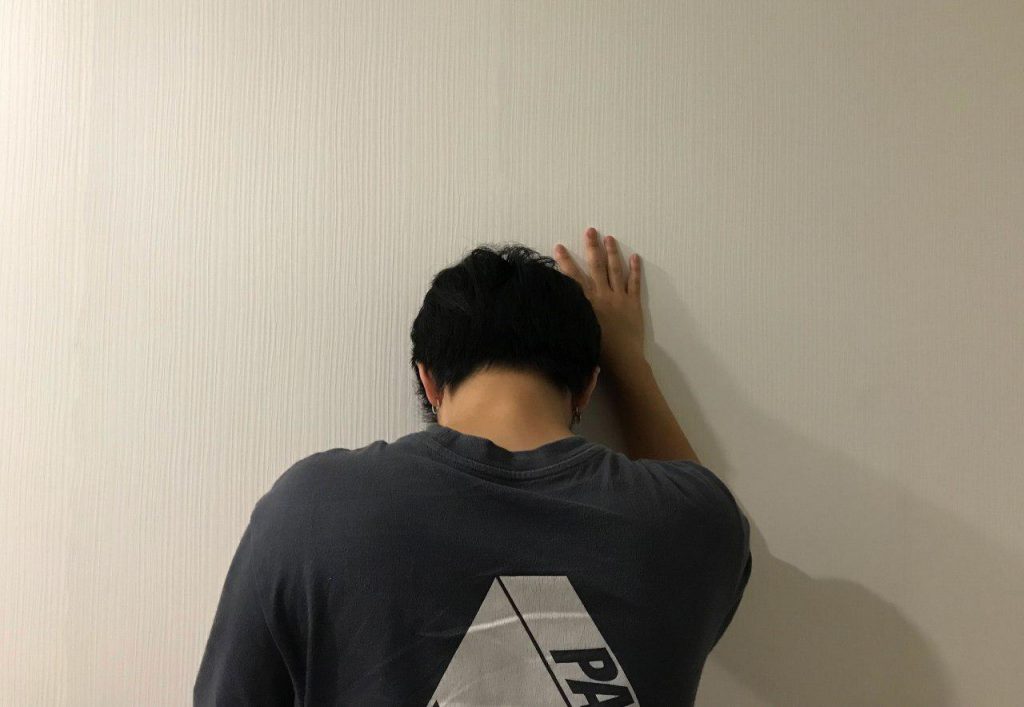
When 14-year-old Elaine (not her real name) was rushed from school to the hospital, she had a deep cut on her arm and 39 other infected wounds – all self-inflicted – on other parts of her body.
Earlier in the day, she had made a cut too deep on her arm with a stained blade in the toilet. She tried to stop the bleeding with tissue papers but a teacher saw her injury and called the ambulance.
The doctors stitched up her fresh wound, tended to her old wounds and observed her for any hidden emotional wounds for the next 5 days. She was then diagnosed with depression and prescribed mandatory therapy sessions.
Far from feeling relieved that she’s receiving professional help, Elaine, who’s now 19, recalled feeling even more dejected then. “I just thought to myself every day: You can’t do anything right. You can’t even kill yourself.”
Elaine started hurting herself after her parents’ divorce. “I hated going home because my mum was emotionally abusive towards my sister and me after her divorce.
“Home was always very noisy. I felt like I didn’t have a real family.”
To her, self-mutilation is a form of relief. “I became addicted. I cut my arms, thighs and stomach. Pretty soon I didn’t have space so I just went over fresh wounds.
“I also started hurting myself in school whenever I felt upset or stressed…I wore many hairbands and a big watch to cover the scars.”
Her scars are still visible now and do attract curious stares from strangers. But she’s certainly in a much better place now after going through regular therapies.
Elaine is not the only one who has attempted self-harm and entertained suicidal thoughts in her early teens.
According to the Ministry of Social and Family Development, the number of hospital admissions for self-inflicted injuries among those aged 14 years and below was 42 in 2015, 37 in 2016 and 30 in 2017.
In 2015, suicide accounted for 27 deaths among teenagers between 10 and 19 years old. The number has dropped to 22 in 2016, and 12 in 2017. While the numbers are not alarmingly high, the phenomenon remains disturbing.
Mr Michael Lim (not his real name), 22, was similarly consumed by suicidal thoughts when he was 15. He started skipping classes and his grades suffered. What hurt him the most was when his friends said his suicidal claims were mere cries for attention.
But he recalled: “I made foolproof plans and went through them over and over again.
I constantly went to the highest floor of any building, just stared at the ground and imagined myself falling.”
Fortunately, Michael found strength in his religion and did not end his life. But he feels we can be kinder – as a community – towards people who are coping with suicidal thoughts and other emotional pains.
Ms Lexie Tan, a freelance psychologist and counsellor, said the public would benefit from more psychological first aid training, so that they know where to seek help should they and their loved ones need it.
In February 2019, the Singapore government said it’s set to decriminalize attempted suicide to help re-integrate survivors back into society.
Ms Tan said this move will definitely help suicide survivors. “When they’re in the recovery stage, it does not help in their recovery that they are being treated like criminals.”
If you are contemplating suicide, seek help and talk to someone you can trust. If you know of someone contemplating suicide, lend a listening ear instead of advising them.
Be patient. Be kind.
